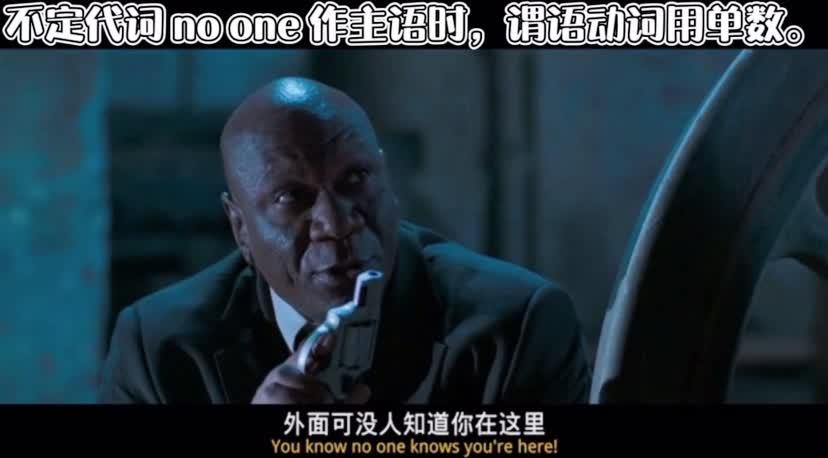Movies, as one of the most popular forms of entertainment globally, have a rich history that spans centuries. From early lantern slides to the latest immersive virtual reality experiences, movies have evolved dramatically in terms of their production, technology, and storytelling techniques. In this article, we will explore the English pronunciation of the word "movie," its usage, and some interesting facts about it.

Basic Pronunciation:
The English word "movie" is pronounced differently depending on whether you are speaking or writing it. When spoken, it generally has three syllables and rhymes with "coo." For instance, in the phrase "go to the movies," the word would be pronounced as "guh tuh thuh muvyuhs." In written form, especially when used for naming films or movie theaters, the word can be spelled either as "movie" or "movie." Both forms are correct, but they may have different origins.
Origins and Evolution:
The term "movie" comes from French and originally meant something like "small picture" or "a small image." It was derived from the Latin word "micrographium," which referred to an early type of moving image device known as the kinetoscope. The first kinetoscope was invented by the French engineer Louis Le Prince in 189
5.This invention allowed viewers to see a series of static images in motion by using a peephole to view the back side of a film reel rotating beneath it.
The word eventually made its way into English through various languages and cultural exchanges. As movies became more widespread and mainstream, the term gained popularity and eventually settled into its current form in English-speaking countries. Today, the word "movie" is ubiquitously used across the globe to refer to any visual medium that tells a story using moving images projected on a screen.
Usage Examples:
In casual conversation or when discussing films with friends, people often say, "I haven't been to the movies lately." Or they might comment on a movie's popularity by saying, "This movie is going to be a big hit!" On the other hand, if someone mentions a movie theater or cinema, they might say, "I went to the movies last night." These usage examples demonstrate that while "movie" is common in informal contexts, it also appears frequently in formal ones, such as news reports or academic discussions related to film studies or media analysis.
For example, consider the following sentence: "The new blockbuster movie 'Avatar' has grossed over $2 billion worldwide since its release." In this case, "movie" represents not just a simple form of entertainment, but a significant economic and cultural force. Such instances underscore the global impact and significance of film in modern society.
Interesting Facts:
One interesting fact is that many famous actors have named their children after famous films or characters from those films. For instance, Michael J Fox's son was named Simon Phoenix Fox Jr. (the name refers to Simon Pryce from the movie "The World's End"). Another example is actor Tom Hardy's son who was named Woody Harrelson after the character from "Toy Story." These naming patterns reflect how deeply ingrained films are in our culture and how influential they can be.
Another interesting fact is that there are several international film festivals where movies from around the world are showcased, including Cannes, Venice, and Berlin. These festivals play a vital role in promoting new talent and fresh perspectives on storytelling across different cultures and languages. The term "movie" is universally understood at these events, allowing filmmakers and audiences alike to appreciate and discuss films without language barriers. This highlights the global appeal of film as an art form and its ability to unite people despite differences in language and geography.
Cultural Impact:
Film has had a profound cultural impact throughout human history and continues to do so today. From early silent films like Edwin Smillie's "The Great Train Robbery" (1903) to recent works of art like Bong Joon Ho's "Parasite" (2019), movies have captured the imagination of audiences worldwide and reflected societal changes over time. They have influenced fashion trends, social norms, even warfare strategies (as seen with propaganda films). Moreover, movies have provided platforms for social commentary and political advocacy, making them not just entertaining but thought-provoking vehicles for change.
Conclusion:
In conclusion, understanding the nuances of pronunciation and usage of the English word "movie" is important not just for language enthusiasts but also for anyone interested in film studies or global culture. The evolution of this word reflects the complex interplay between art, technology, and language itself. As we continue to embrace new technologies and storytelling methods, it will be fascinating to witness how the meaning and application of the word "movie" evolves in the future.
推荐阅读》未经允许不得转载:» 电影用英语怎么读(电影用英语怎么发音)

 家长点评网
家长点评网











